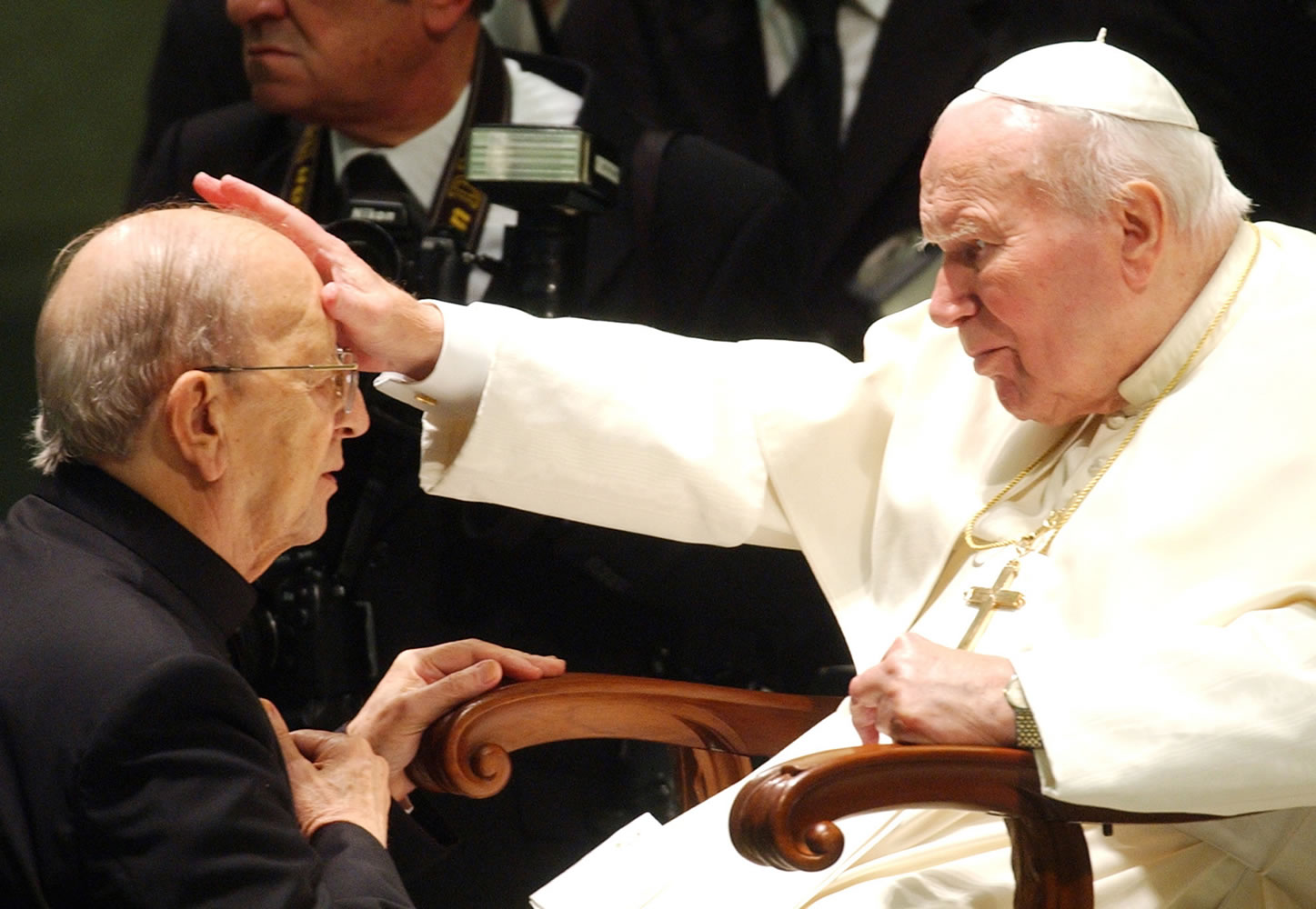VATICAN CITY — Pope John Paul II is rightly credited with having helped bring down communism, of inspiring a new generation of Catholics with a globe-trotting papacy and of explaining church teaching on a range of hot-button issues as Christianity entered its third millennium.
But the sexual abuse scandal that festered under his watch remains a stain on his legacy.
John Paul and his top advisers failed to grasp the severity of the abuse problem until very late in his 26-year papacy, even though U.S. bishops had been petitioning the Holy See since the late-1980s for a faster way to defrock pedophile priests.
Pope Francis has inherited John Paul’s most notorious failure on the sex abuse front — the Legion of Christ order, which John Paul and his top advisers held up as a model. Francis, who will canonize John Paul on Sunday, must decide whether to sign off on the Vatican’s three-year reform project, imposed after the Legion admitted that its late founder sexually abused his seminarians and fathered three children.
Yet the Legion’s 2009 admission about the Rev. Marcial Maciel’s double life was by no means news to the Vatican.
Documents from the archives of the Vatican’s then-Sacred Congregation for Religious show how a succession of papacies — including that of John XXIII, also to be canonized Sunday — simply turned a blind eye to credible reports that Maciel was a con artist, drug addict, pedophile and religious fraud.
By 1948, seven years after Maciel founded the order, the Holy See had documents from Vatican-appointed envoys and bishops in Mexico and Spain questioning the legitimacy of Maciel’s ordination (by his uncle, after Maciel was expelled by a series of seminaries), noting the questionable legal foundation of his order and flagging his “totalitarian” behavior and spiritual violations of his seminarians.
The documents show the Holy See was well aware of Maciel’s drug abuse, sexual abuse and financial improprieties as early as 1956, when it ordered an initial investigation and suspended him for two years to kick a morphine habit.
Yet for decades, Rome looked the other way, thanks to Maciel’s ability to keep his own priests quiet, his foresight to place trusted Legion priests in key Vatican offices and his careful cultivation of Vatican cardinals, Mexican bishops and wealthy, powerful lay Catholics. Vatican officials were impressed instead by the orthodoxy of his priests and Maciel’s ability to attract new vocations and donations.



